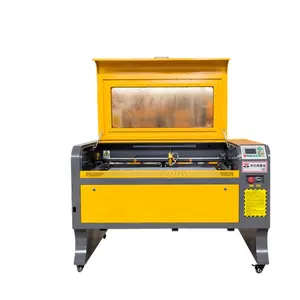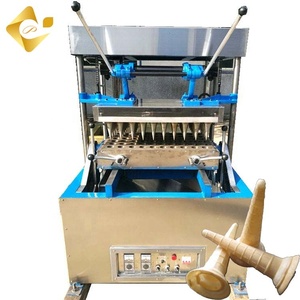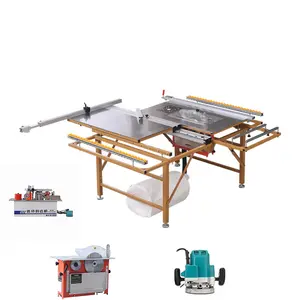Popular in your industry

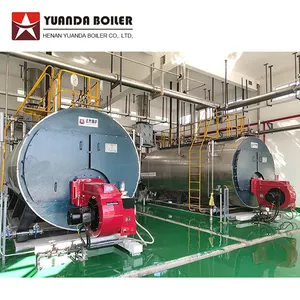

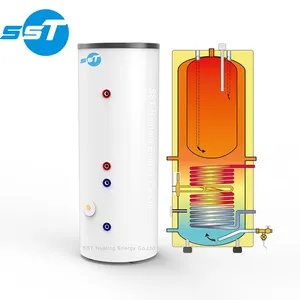












Related Searches:



























Top categories
About boiler installation
A boiler installation is used to heat water or generate steam, typically for heating, hot water supply, and industrial processes.
Types of boiler installations
There are several boiler installation options available to meet varying heating needs and leverage different energy sources. 1. Gas boiler installation: Gas boilers use natural gas as the fuel source and are connected to the gas supply line. They are efficient and provide fast and consistent heat. 2. Oil boiler installation: Oil boilers use heating oil as the fuel source. They are commonly found in areas where natural gas is not available. Oil boilers require an oil storage tank and regular deliveries of heating oil. 3. Electric boiler installation: Electric boilers use electricity as the fuel source. They are typically smaller and quieter than gas or oil boilers and do not require a flue or chimney for ventilation. Electric boilers are suitable for properties without access to gas or oil supplies. 4. Combi boiler installation: Combination or combi boilers are compact units that provide both central heating and hot water. They heat water directly from the mains supply, eliminating the need for a separate hot water cylinder or storage tank. 5. Condensing boiler installation: Condensing boilers are highly efficient and use heat exchangers to recover heat from the flue gases. They are available in gas, oil, or biomass versions and can help reduce energy bills and carbon emissions. Apart from that, other types of boiler installations include steam boiler installations, wood boiler installations, hot water boiler installations, and more.
Applicable places of boiler installations
Boiler installations can be employed in various settings to meet the diverse needs of different industries and applications. 1. Residential Buildings: Boiler installations are primarily used in residential areas. It includes single-family homes, apartment buildings, villas, etc. 2. Commercial Buildings: Commercial structures such as office buildings, shopping malls, and restaurants may require boiler installations to meet heating and hot water demands. 3. Industrial Facilities: Large-scale boiler installations, such as manufacturing and chemical plants, are essential in the industrial sector. 4. Medical Institutions: Hospitals, clinics, and other healthcare facilities may utilize boiler installations to ensure comfort for patients and staff. 5. Schools and Universities: Educational institutions often require substantial amounts of hot water and heating, making boiler installations necessary in schools and universities. 6. Hotels and Lodging: Boiler installations in hotels and lodging facilities are crucial for providing hot water for guest rooms and common areas. 7. Swimming Pools and Fitness Centers: Specialized boiler installations may be needed to maintain water temperature in swimming pools and fitness centers. 8. Agricultural Facilities: In agriculture, boiler installations can be used for greenhouse heating, barn heating, and other applications in farming operations.
In addition, installing a boiler requires specialized engineers or technicians with the necessary skills and experience to ensure the correct installation and operation of the system. Several factors need to be considered during the installation process, including safety, performance, efficiency, and compliance with local building regulations and standards.
